Coconut milk has long been a staple ingredient in many cuisines worldwide, known for its creamy texture and distinct tropical flavor. However, dietary preferences and restrictions, as well as the desire for variety, have led to the search for suitable substitutes. This article, explores some of the best substitute for coconut milk that can be used in your favorite recipes, ensuring that you can still enjoy delicious dishes without compromising on taste and texture.
Almond Milk
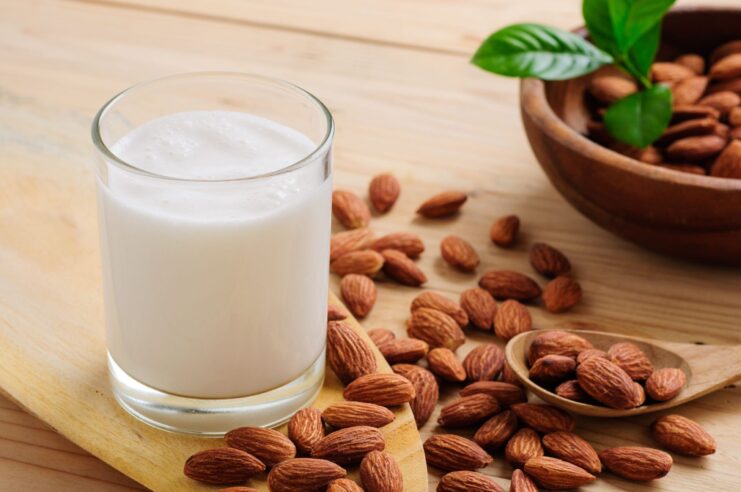
In addition to its flavor and texture, almond milk also boasts several nutritional benefits. It is low in calories and contains no cholesterol or saturated fats, making it a healthier option for those watching their fat intake. Almond milk is also a good source of vitamin E, which is known for its antioxidant properties and its role in promoting skin health.
When using it as a substitute for coconut milk, it is important to consider the consistency. Almond milk is generally thinner than coconut milk, so you may need to adjust the quantity or thicken it with a natural thickener like cornstarch or arrowroot powder, depending on the recipe.
In smoothies, almond milk adds a creamy base and enhances the overall flavor profile. It blends well with fruits, vegetables, and protein powders, creating a delicious and nutritious beverage. In soups and curries, almond milk can be used to achieve a creamy texture and subtly enhance the flavors of the dish.
It is worth noting that individuals with nut allergies should avoid almond milk. However, for those who can enjoy it, it provides a delightful substitute for coconut milk, allowing you to explore new flavors and adapt your favorite recipes to suit your dietary preferences or restrictions
Soy Milk
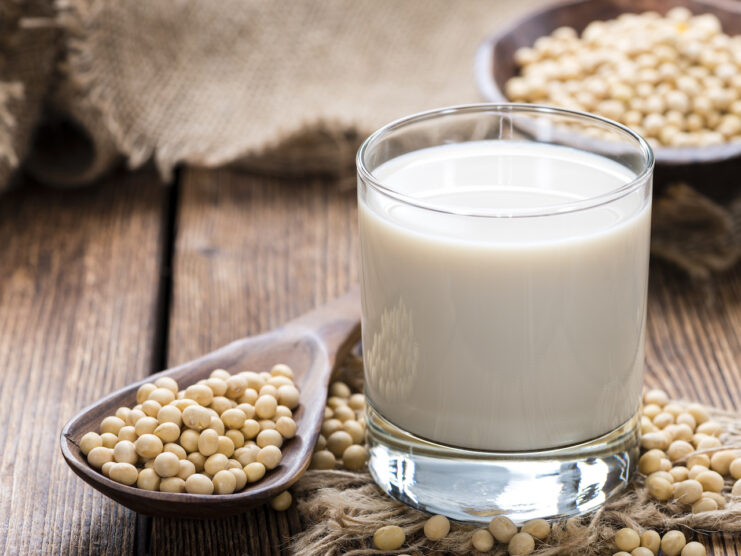
Soy milk has gained popularity as a dairy milk alternative due to its versatility and nutritional benefits. It contains essential nutrients like protein, calcium, and vitamin D, making it a nutritious choice for those following a plant-based diet or those who are lactose intolerant.
When using it as a substitute for coconut milk, its creamy texture works well in a wide range of recipes. In creamy sauces, soy milk can be used to create a rich and smooth consistency. It blends seamlessly with ingredients like herbs, spices, and vegetables, providing a satisfying taste. In desserts, soy milk can be used in custards, puddings, and even dairy-free ice creams, adding a subtle creaminess to the final product.
It’s important to note that soy milk may not be suitable for everyone, particularly those with soy allergies or sensitivities. If you are unsure, it is always best to consult with a healthcare professional.
As with any milk substitute, it’s essential to consider the flavor and adjust accordingly. While soy milk has a neutral taste, some brands may have a slightly beany or nutty flavor. Choose a brand that suits your preferences or opt for flavored varieties like vanilla or chocolate to enhance the taste in your recipes.
Oat Milk
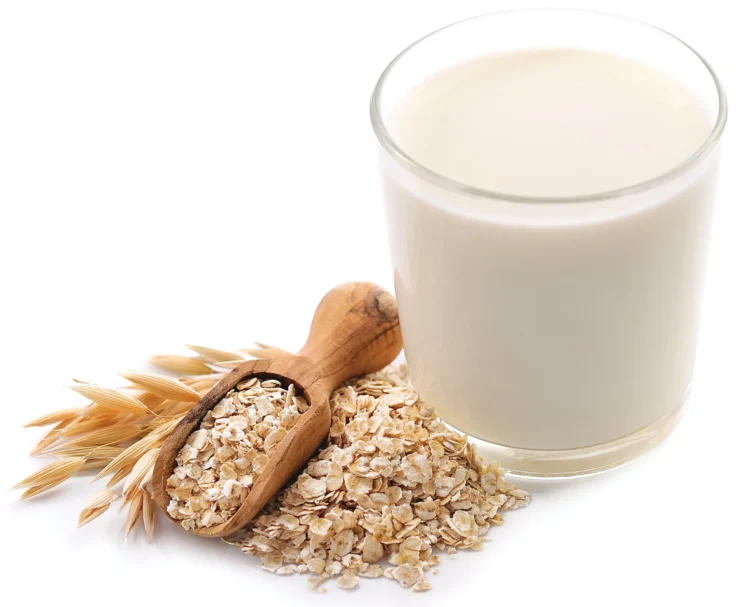
Oat milk has emerged as a beloved plant-based alternative to coconut milk, captivating the taste buds of many with its creamy texture and gentle flavor. Its rising popularity can be attributed to its versatility and various benefits. As a substitute for coconut milk, oat milk can be seamlessly integrated into both sweet and savory recipes.
One of the key advantages is its ability to enhance the texture of baked goods. When used in baking, oat milk adds moisture and richness to cakes, muffins, and pancakes, resulting in a tender and moist crumb. It provides a delightful creaminess without overpowering the other flavors in the recipe, making it an excellent choice for those seeking a milder taste profile.
Beyond its culinary advantages, oat milk is also appreciated for its nutritional qualities. It is often fortified with vitamins and minerals, including calcium and vitamin D, which are essential for maintaining strong bones and promoting overall health. Oat milk is naturally low in fat and cholesterol, making it a suitable option for individuals looking for a lighter alternative to coconut milk.
Moreover, oat milk is often favored by individuals with dietary restrictions, such as lactose intolerance or nut allergies, as it is free from lactose and nuts. This allows for broader accessibility in incorporating oat milk into various recipes, ensuring that everyone can enjoy the benefits it offers.
Cashew Milk
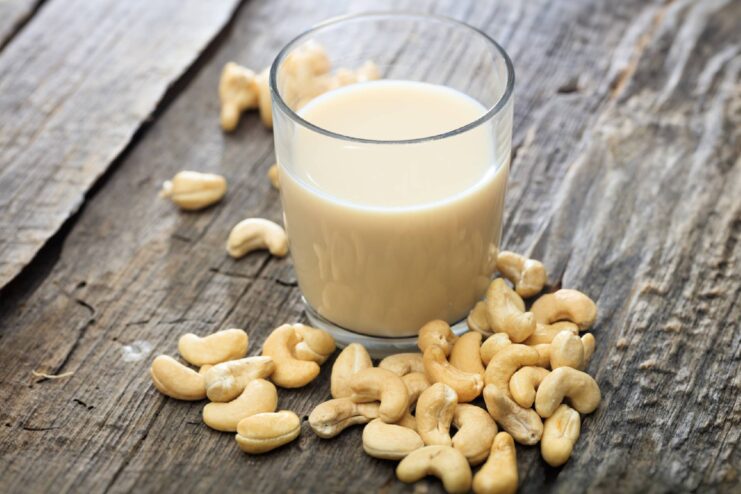
Cashew milk, made from blending soaked cashews with water, is a rich and creamy alternative to coconut milk. Its smooth texture and subtle nutty flavor make it an excellent choice for creamy soups, curries, and even desserts. Cashew milk can also be used as a base for dairy-free ice creams and puddings.
Rice Milk
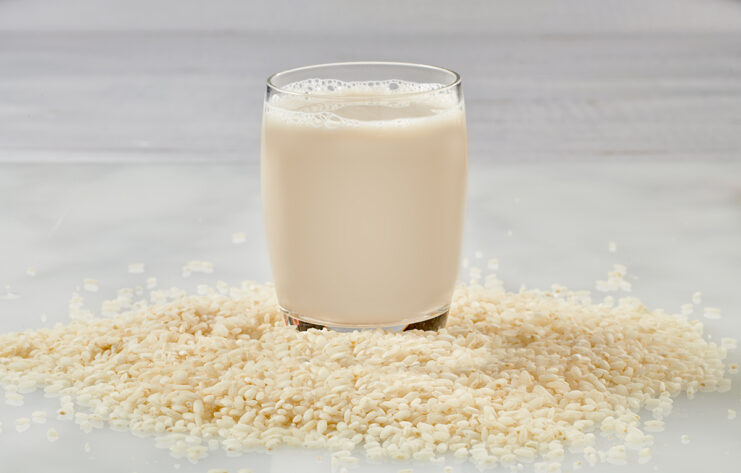
Rice milk, made from milled rice and water, is a mild and naturally sweet alternative to coconut milk. While it may not provide the same creamy consistency, it can be used in various recipes, including smoothies, puddings, and even curries. Rice milk is often fortified with vitamins and minerals, making it a nutritious choice.
Hemp Milk
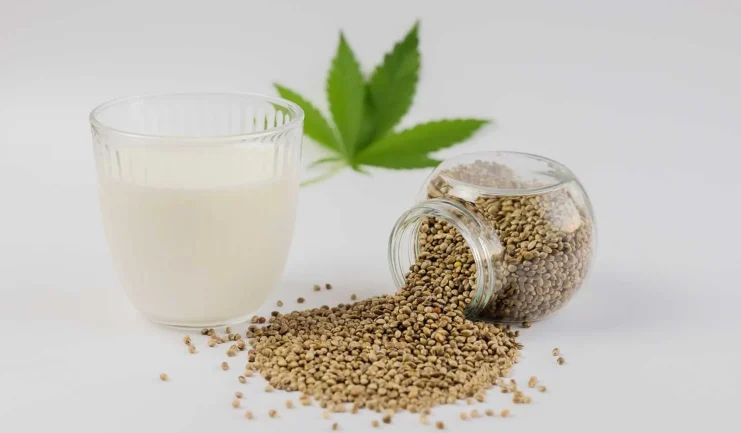
Hemp milk, made from blending hemp seeds with water, offers a rich and nutty flavor that works well in many recipes. It has a creamy texture and is an excellent source of omega-3 fatty acids and protein. Hemp milk can be used as a substitute for coconut milk in recipes such as smoothies, sauces, and baked goods.
Homemade Nut Milk
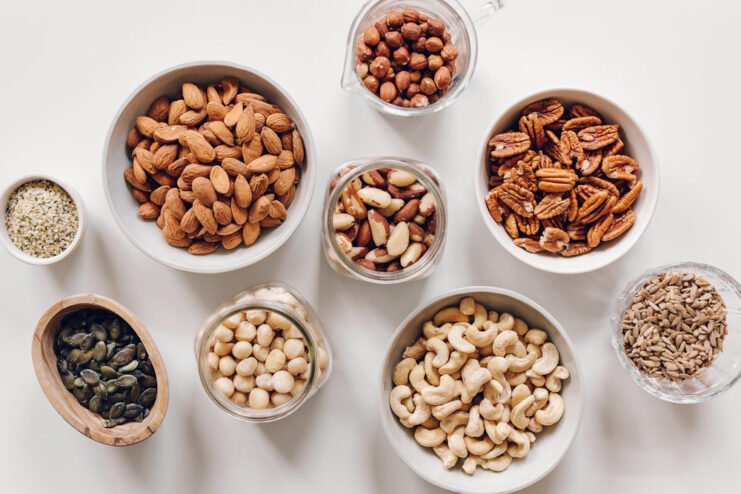
If you prefer a more personalized touch, you can create your own nut milk by blending your favorite nuts, such as walnuts, hazelnuts, or pistachios, with water. This allows you to customize the flavor and thickness of the milk according to your preference. Homemade nut milk can be used in various recipes, from creamy pasta sauces to dairy-free lattes.
Conclusion
With the growing demand for alternatives to coconut milk, there are numerous options available to suit different dietary preferences and needs. Whether you choose almond milk, soy milk, oat milk, cashew milk, rice milk, hemp milk, or homemade nut milk, each option provides its unique taste and texture to enhance your favorite recipes. Experimenting with these substitutes will not only diversify your culinary experiences but also ensure that you can enjoy your favorite dishes without compromising on flavor or consistency.

